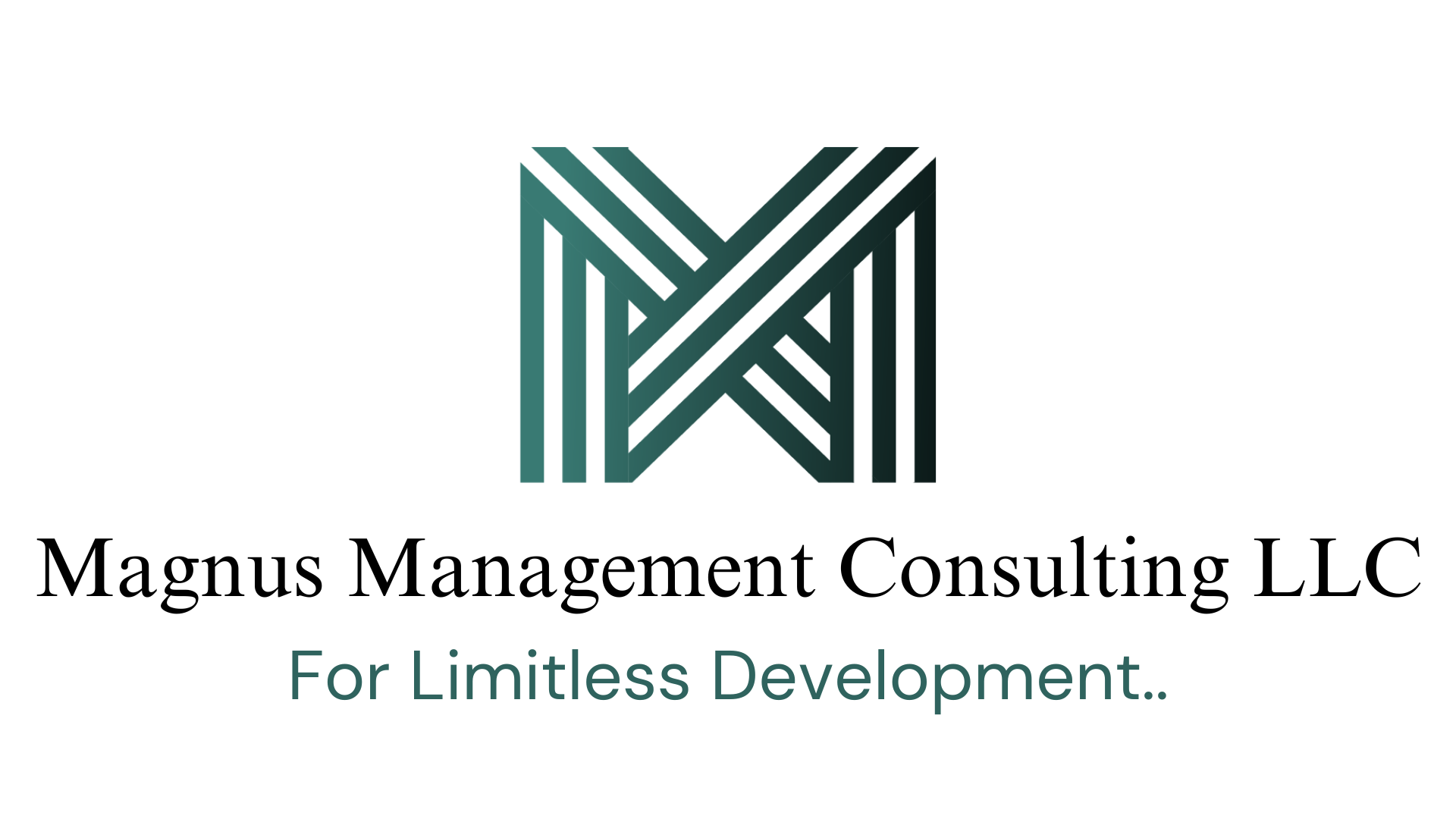Achieving Excellence: The Importance of ISO Certification in Qatar
In the rapidly evolving business landscape of Qatar, achieving international standards is essential for staying competitive. ISO certification is a mark of quality and trust that can significantly impact a company’s reputation and success. This blog post delves into the importance of ISO certification in Qatar, the types of certifications available, and how businesses can benefit from becoming ISO certified.
What is ISO Certification?
ISO (International Organization for Standardization) certification is a globally recognized standard that demonstrates a company’s commitment to maintaining high-quality processes, ensuring customer satisfaction, and continually improving their operations. It is not a one-time achievement but a continuous process of adhering to stringent international standards.
Why ISO Certification Matters in Qatar
- Global Recognition and Credibility: ISO certification is recognized worldwide. For businesses in Qatar looking to expand their reach and build partnerships with international companies, ISO certification serves as a proof of their commitment to quality and excellence.
- Customer Trust and Satisfaction: Certification reassures customers that a business adheres to high standards, enhancing trust and satisfaction. This is particularly important in sectors like healthcare, construction, and manufacturing, where quality and safety are paramount.
- Competitive Advantage: In a competitive market, ISO certification can set a business apart from its competitors. It signals to potential clients and partners that the company values quality and efficiency.
- Improved Efficiency and Cost Savings: Implementing ISO standards helps streamline processes, reduce waste, and improve overall efficiency. This can lead to significant cost savings over time.
- Compliance with Regulations: ISO standards often align with regulatory requirements, ensuring that businesses comply with local and international laws. This is crucial for avoiding legal issues and fines.
Types of ISO Certifications
There are several types of ISO certifications, each focusing on different aspects of business operations. Some of the most relevant certifications for businesses in Qatar include:
- ISO 9001: Quality Management Systems: This standard focuses on meeting customer expectations and delivering quality products and services.
- ISO 14001: Environmental Management Systems: It helps organizations minimize their environmental impact and improve sustainability practices.
- ISO 45001: Occupational Health and Safety: This certification ensures that businesses provide a safe and healthy work environment.
- ISO 27001: Information Security Management: It is crucial for businesses handling sensitive information, ensuring data security and protection.
- ISO 22000: Food Safety Management: Essential for businesses in the food industry, ensuring the safety and quality of food products.
The Process of Obtaining ISO Certification
Achieving ISO certification involves several steps:
- Gap Analysis: Assessing current processes against ISO standards to identify areas needing improvement.
- Implementation: Developing and implementing processes that meet ISO requirements.
- Training: Providing training to employees on ISO standards and compliance requirements.
- Internal Audits: Conducting internal audits to ensure readiness for the final certification audit.
- Certification Audit: An external auditor reviews the processes and systems to verify compliance with ISO standards.
- Continuous Improvement: Maintaining the certification requires ongoing efforts to improve processes and address any non-conformities.
Choosing the Right ISO Certification Consultant in Qatar
Partnering with an experienced ISO certification consultant can streamline the certification process. Here’s what to look for in a consultant:
- Proven Track Record: Choose a consultant with a history of successful certifications in your industry.
- Comprehensive Services: The consultant should offer end-to-end services, from initial assessment to post-certification support.
- Local Expertise: A consultant familiar with the business environment and regulations in Qatar can provide more relevant guidance.
- References and Reviews: Check testimonials and reviews from past clients to ensure the consultant’s reliability and effectiveness.
Leveraging ISO Certification for Business Growth
Once certified, businesses should leverage their ISO certification to enhance their reputation and attract more clients:
- Marketing and PR: Highlight the certification in marketing materials, press releases, and on your website.
- Client Communication: Inform existing and potential clients about the certification, emphasizing the benefits it brings to them.
- Networking and Partnerships: Use the certification to build trust and credibility with potential partners and stakeholders.
- Continuous Improvement: Maintain and improve upon the certification to ensure ongoing compliance and operational excellence.
Conclusion
ISO certification is a powerful tool for businesses in Qatar, providing a framework for quality, efficiency, and continuous improvement. By achieving ISO certification, companies can gain a competitive edge, enhance customer trust, and ensure compliance with international standards. Partnering with a skilled ISO certification consultant can make the process smoother and more efficient, helping businesses achieve and maintain their certification with ease.
Invest in ISO certification today and set your business on the path to excellence. The benefits are far-reaching, from improved operations to enhanced marketability and customer satisfaction.

لا تعليق